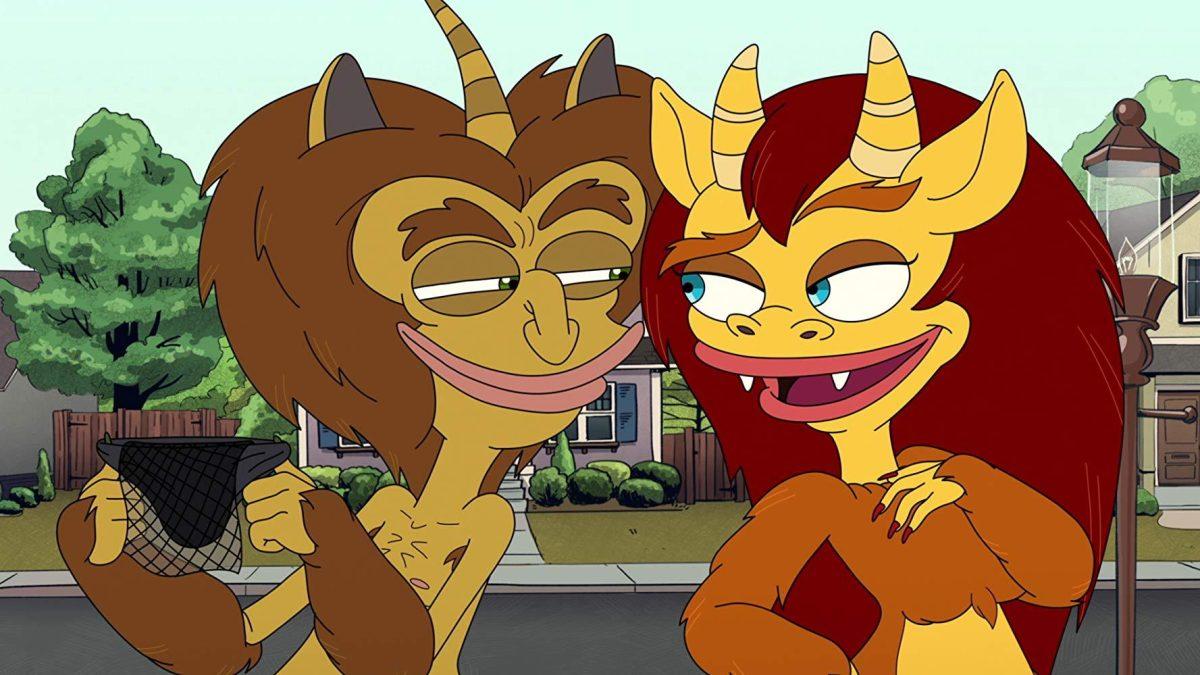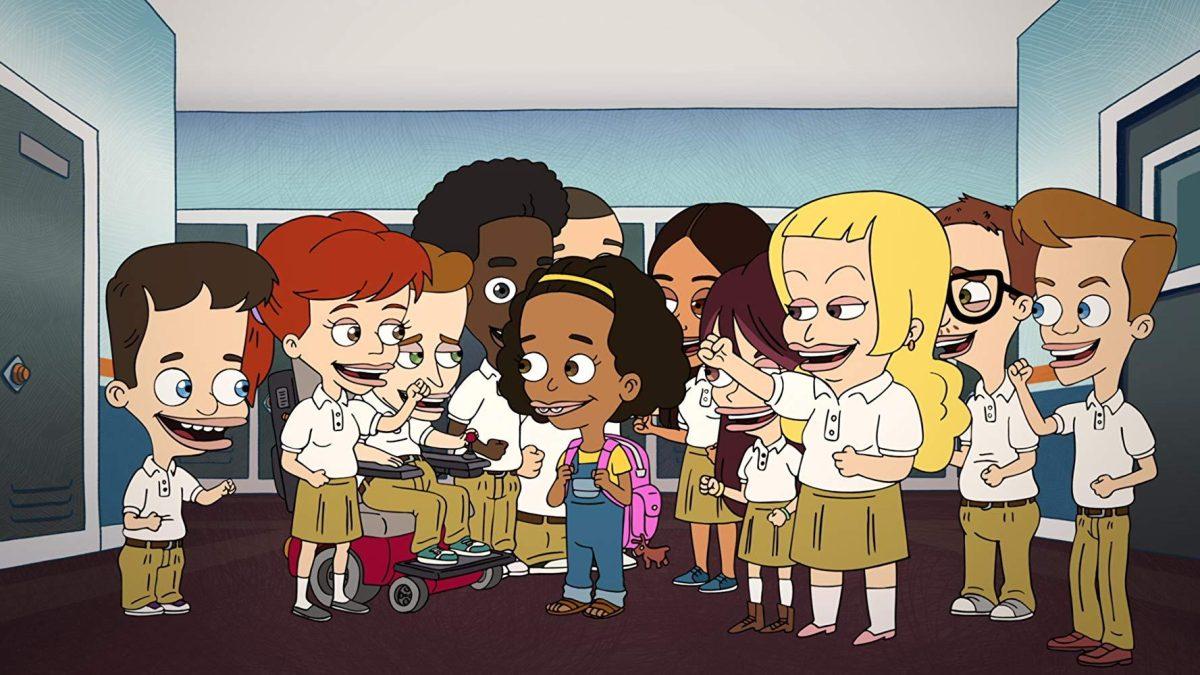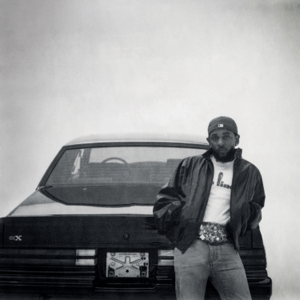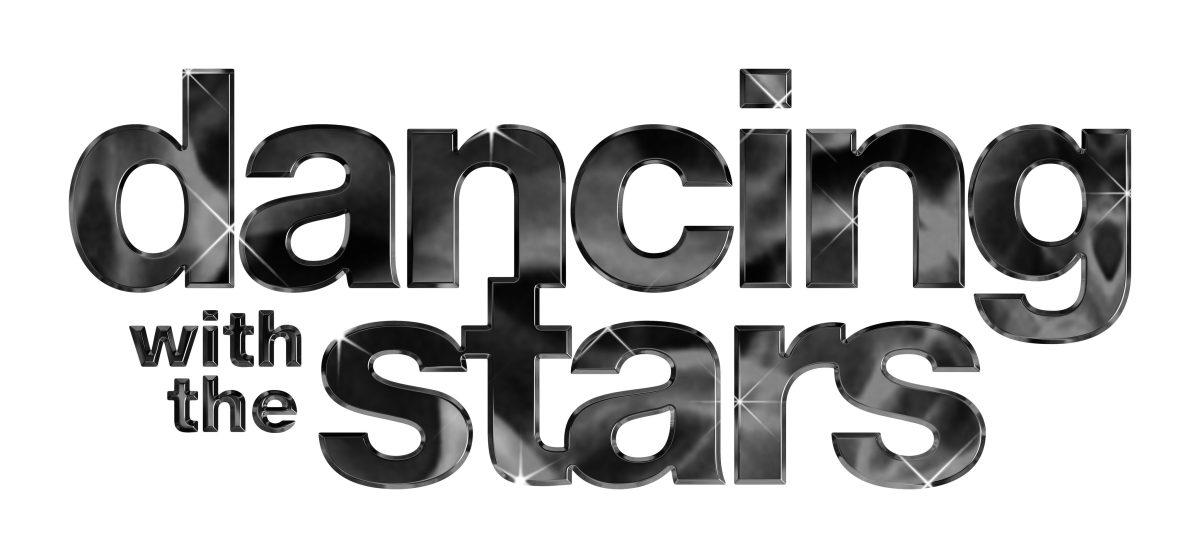After a wholly chaotic and cringe-inducing first two seasons, “Big Mouth” is back and more intense than ever.
The animated Netflix show has become well-known for its kids navigating the choppy waters of puberty and all of the massive changes that come with it. Until now, the focus has been mainly on the sexual aspect, but this season tackles more emotional issues as well.
Big Mouth has already set a precedent for being experimental, but with the major issues covered in the first two seasons, the writers are stepping truly out of the box.
Characters experience everything from the trials and tribulations of questioning their sexuality to being attracted to their cousin, all backed by an overarching theme of one of the largest changes of puberty—becoming your own person.
Over the course of the 10 episodes, each character seems to undergo a shift from someone’s child to an individual, each going about this change in their own way. Some go about it relatively peacefully, like the innocent Missy (Jenny Slate) gradually becoming more comfortable with her sexuality. Others, like Nick (Nick Kroll) have a full-blown public meltdown.
Season three gives us a closer look into a few more character’s life and sexual development including Matthew (Andrew Rannells), Missy and Jay (Jason Mantzoukas). Matthew deals with the familiar anxiety of texting your crush while Jay takes a even deeper dive into his own sexual preferences.
As well as getting more experimental with the issues they’re covering, the creators of Big Mouth also got more creative with their methods of covering them.
The previous seasons had no issues finding ways to work in punchy one-liners and seemingly random musical scenes, but this season takes the cake.
The writers somehow managed to naturally work in an episode-long biopic of Duke Ellington (Jordan Peele), a school-wide musical adaptation of the 1994 thriller “Disclosure” and an epic superhero showdown in which characters gain superpowers with little-to-no explanation as to why.
The craziest thing is that these seem totally natural within the script, they just serve to make the writing more interesting. Ten episodes of hormonal middle schoolers being upset at their parents is boring, even a little depressing at times.
Instead, “Big Mouth” takes the awkwardness of coming of age and uses it for its comedic value.
At some point, everyone had to go through the awkward transition from child to adult, and Big Mouth takes those repressed memories and brings them to the forefront. Though some of the experiences aren’t relatable for most people—I’m looking at you and your cousin, Andrew (John Mulaney)—being awkward and uncomfortable is.
“Big Mouth” is created from that universal pubescent discomfort, and once you get past the initial shock value of the children’s animated genitalia, it’s a surprisingly deep and sensitive show that addresses the bigger issues of adulthood openly and candidly.








